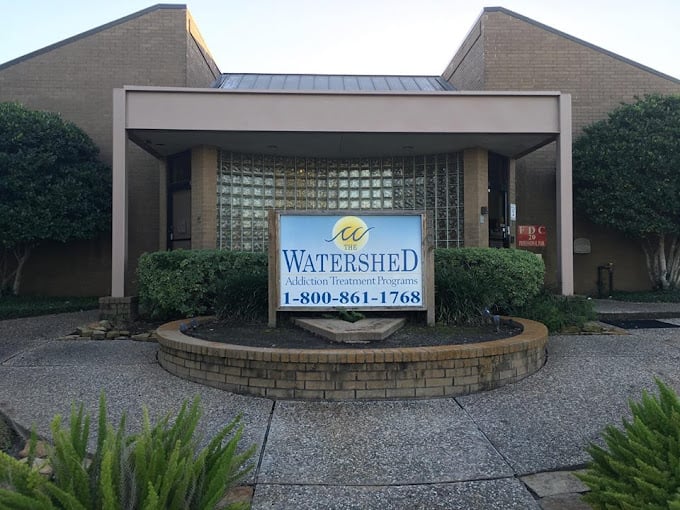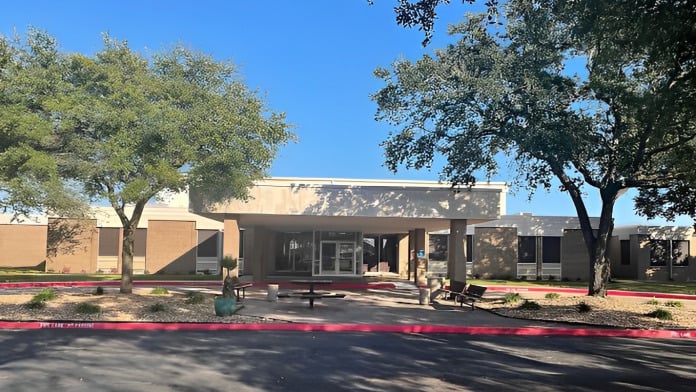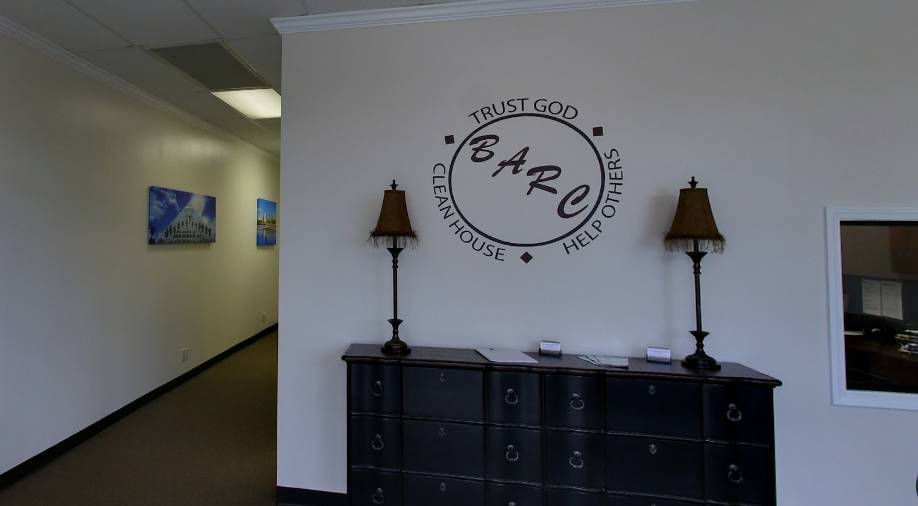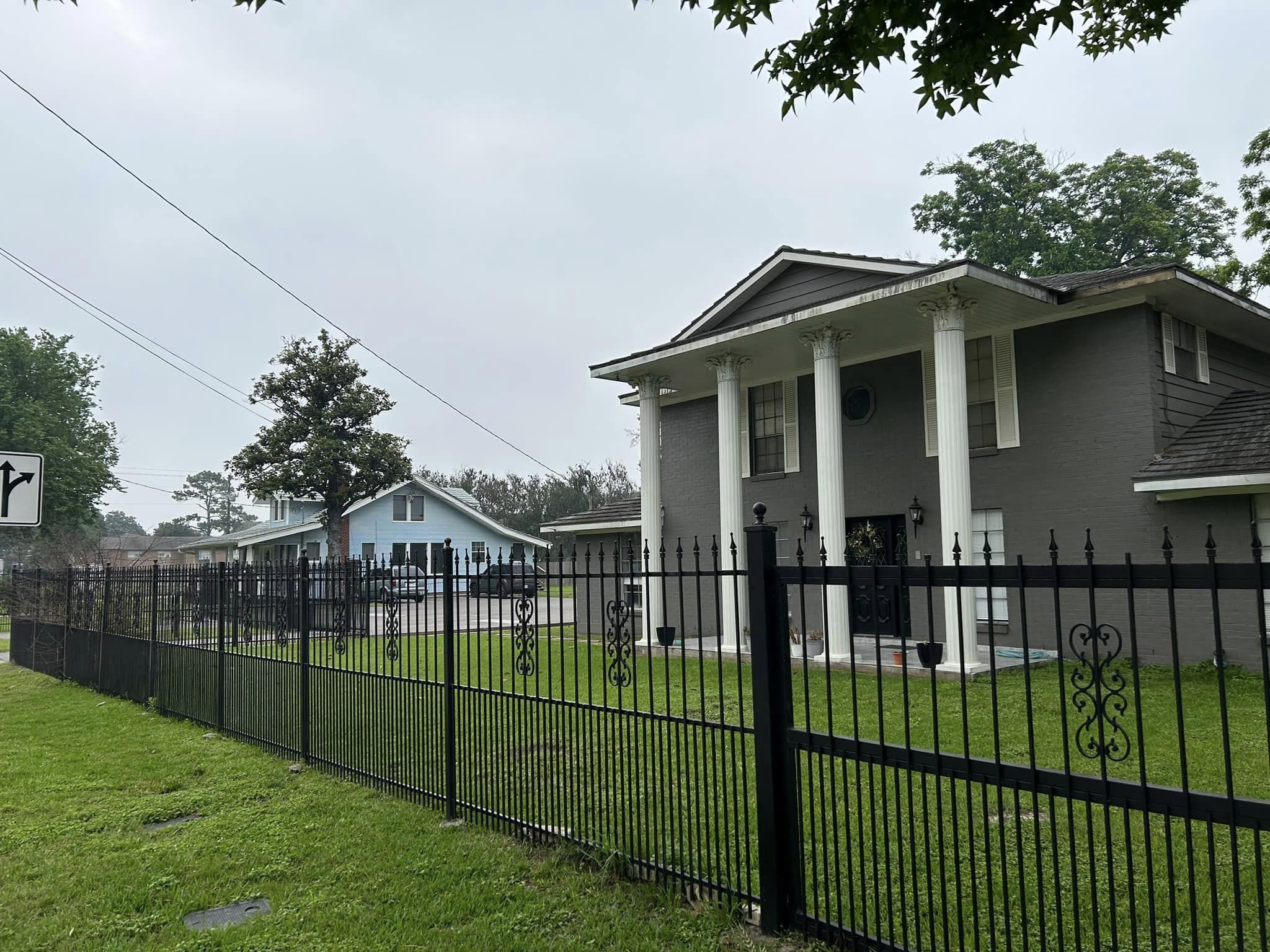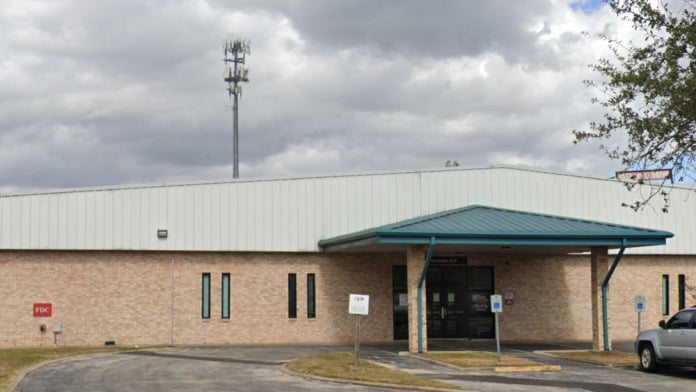They have helped my daughter So much in every way ! Within 3 days of going there they called my husband telling him that she had been making herself parge on top of the Meth problem. With in days they found another place to help her with that sickness! When she receiv ...
About Kemah Palms Recovery
As one of the best inpatient addiction treatment programs in Texas, Kemah Palms Recovery’s goal is to create an integrated approach to address your addiction and any underlying mental health addictions. Generally, the first step is medically supervised detox, although this is done at their Houston facility and lasts three to seven days.
Their onsite inpatient program lasts 30 to 90 days. Here, you’ll have access to different types of therapy, including family support and individual and group sessions. Options include dialectical and cognitive behavioral therapy, mindfulness, and motivational interviews. You’ll also have optional acupuncture, equine and massage therapy, sound therapy, and exercise.
The outpatient program continues the inpatient programs, although it’s more flexible in terms of the session lengths and visits per week. Aftercare programs can help continue your recovery through 12 Step meetings and other group support.
Facility Overview
Latest Reviews
Rehab Score
Gallery
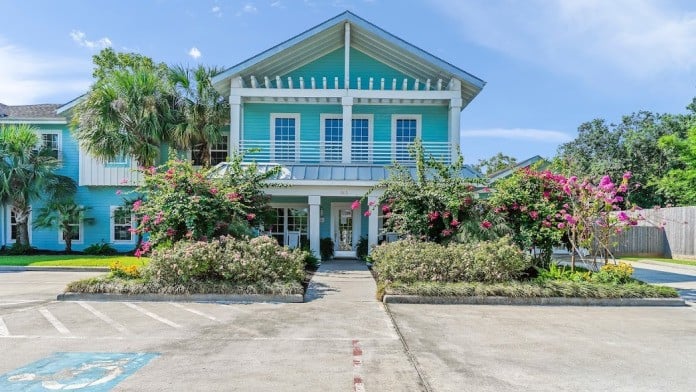
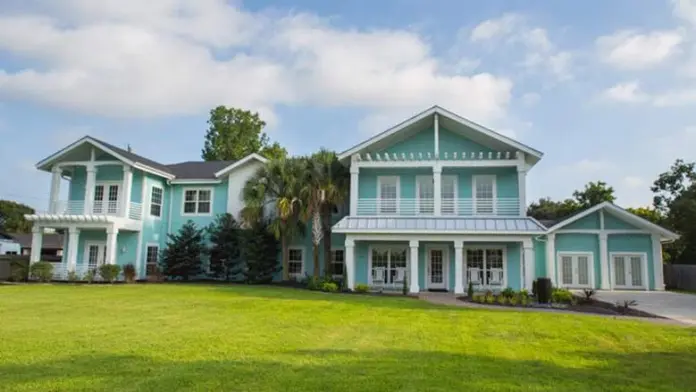


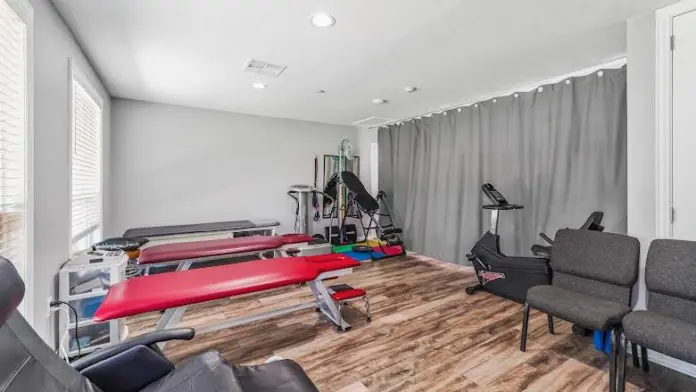

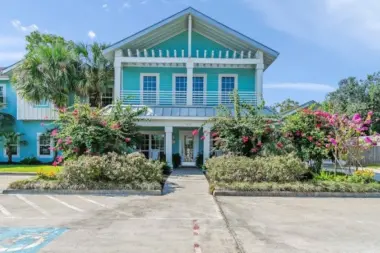



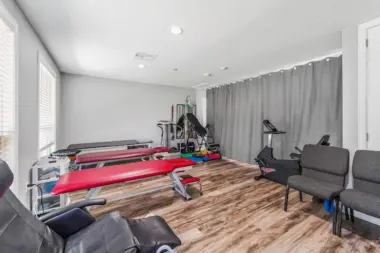

Accepted Insurance
Other Forms of Payment
Private insurance refers to any kind of healthcare coverage that isn't from the state or federal government. This includes individual and family plans offered by an employer or purchased from the Insurance Marketplace. Every plan will have different requirements and out of pocket costs so be sure to get the full details before you start treatment.
Self-pay involves paying for treatment out of your own pocket. You can use savings or credit, get a personal loan, or receive help from family and friends to fund your treatment. If you don't have insurance or your insurance plan doesn't cover a specific program, self-pay can help ensure you still get the care you need.
Military members, veterans, and eligible dependents have access to specific insurance programs that help them get the care they need. TRICARE and VA insurance can help you access low cost or no cost addiction and mental health treatment. Programs that accept military insurance often have targeted treatment focused on the unique challenges military members, veterans, and their families face.
Addiction Treatments
Levels of Care
After completing some form of inpatient care, many clients transition or step down to an outpatient rehab, while some choose to transition from detox directly into outpatient care. High-intensity outpatient programming, including partial hospitalization (PHP) and intensive outpatient (IOP) is widely available for clients in early recovery, those leaving detox, and those at an elevated relapse risk. Clients in outpatient care generally engage in robust addiction counseling and recovery education, and some also receive medication assisted treatment (MAT).
Residential treatment programs are those that offer housing and meals in addition to substance abuse treatment. Rehab facilities that offer residential treatment allow patients to focus solely on recovery, in an environment totally separate from their lives. Some rehab centers specialize in short-term residential treatment (a few days to a week or two), while others solely provide treatment on a long-term basis (several weeks to months). Some offer both, and tailor treatment to the patient's individual requirements.
Intensive Outpatient Programs (IOP) are for those who want or need a very structured treatment program but who also wish to live at home and continue with certain responsibilities (such as work or school). IOP substance abuse treatment programs vary in duration and intensity, and certain outpatient rehab centers will offer individualized treatment programs.
Rehab aftercare programs are based on a model of continuing care and the premise that recovery is a life-long process requiring ongoing client support. Many rehab aftercare services include outpatient care, but clients often continue to receive support after being discharged from formal treatment. Case managers and care teams typically collaborate with clients to design their long-term care plan, which may include peer coaching, career counseling, and 12 step program induction, among other services.
12 step programs promote participants' sustained sobriety through rigorous and ongoing peer coaching and personal spiritual growth. Participants routinely attend 12 step meetings, which are available multiple times per day, 365 days per year in most communities. This ensures that those in recovery have prompt access to the structure and support they need when they need it. These programs use spiritual precepts to address the root causes of addiction and encourage compassion, self-awareness, forgiveness, accountability, and acceptance.
Residents of a sober living home in Texas reside at the halfway house with others who have agreed to abstain from substances and practice sober-living skills. The relationships and accountability formed here can help individuals strengthen their mental health and achieve long-term recovery. Residents share common spaces such as kitchens and back yards, share meals together, and share household responsibilities such as cooking and cleaning.
Intervention services helps family or friends of addicts stage an intervention, which is a meeting in which loved ones share their concerns and attempt to get an addict into treatment. Professional intervention specialists can help loved ones organize, gather, and communicate with an addict. They can guide intervention participants in describing the damage the addict's behavior is causing and that outside help is necessary to address the addiction. The ideal outcome of an intervention is for the addict to go to rehab and get the help they need.
A partial hospitalization program (PHP) is a short-term form of intensive rehab, usually for those with acute symptoms that are hard to manage but don’t require 24-hour care. PHPs have structured programming (i.e. individual and/or group therapy), and usually meet 3-5 days a week for around 6 hours (i.e. 9am-3m). Some PHPs are residential (patients sleep on site) and some are not, so patients sleep at home. PHPs can last from 1-6 months, and some offer transportation and meals.
24-hour clinical care in Texas provides a safe environment for medical detox. This setting is crucial to provide medical care during withdrawal. Certain withdrawal symptoms can cause life-threatening conditions, but patients in a supervised clinical setting have treatment readily available to address any symptoms before they become severe. Treatment can also be provided for co-occurring physical and mental health issues.
Drug and alcohol addiction often takes a heavy toll on one’s body. Over time, a physical dependence can develop, meaning the body physiologically needs the substance to function. Detox is the process of removing drugs and/or alcohol from the body, a process that can be lethal if mismanaged. Medical detox is done by licensed medical professionals who monitor vital signs and keep you safe, healthy, and as comfortable as possible as you go through detox and withdrawal. Kemah Palms offers personalized Drug and Alcohol Detox Programs with Individual Recovery Plans created by their Physicians, Psychiatrists, Registered Nurses and Addiction Counselors. Patients are monitored 24 hours a day by dedicated medical, nursing, clinical, and technical staff to ensure they are comfortable while experiencing withdrawal symptoms. Each patient is treated with dignity and respect, while receiving a combination of evidence-based treatment and personalized service. Recovery is a life long journey that begins with a customized Drug and Alcohol Detox Program at Kemah Palms.
Treatments
The goal of treatment for alcoholism is abstinence. Those with poor social support, poor motivation, or psychiatric disorders tend to relapse within a few years of treatment. For these people, success is measured by longer periods of abstinence, reduced use of alcohol, better health, and improved social functioning. Recovery and Maintenance are usually based on 12 step programs and AA meetings.
During rehab in Texas, you'll deal with underlying issues that contribute to addiction. By addressing these challenges and learning healthy ways to cope with them, you'll develop strategies that help you live a drug-free lifestyle.
Many of those suffering from addiction also suffer from mental or emotional illnesses like schizophrenia, bipolar disorder, depression, or anxiety disorders. Rehab and other substance abuse facilities treating those with a dual diagnosis or co-occurring disorder administer psychiatric treatment to address the person's mental health issue in addition to drug and alcohol rehabilitation.
A combined mental health and substance abuse rehab has the staff and resources available to handle individuals with both mental health and substance abuse issues. It can be challenging to determine where a specific symptom stems from (a mental health issue or an issue related to substance abuse), so mental health and substance abuse professionals are helpful in detangling symptoms and keeping treatment on track.
Opioid rehabs specialize in supporting those recovering from opioid addiction. They treat those suffering from addiction to illegal opioids like heroin, as well as prescription drugs like oxycodone. These centers typically combine both physical as well as mental and emotional support to help stop addiction. Physical support often includes medical detox and subsequent medical support (including medication), and mental support includes in-depth therapy to address the underlying causes of addiction.
Programs
Adult rehab programs include therapies tailored to each client's specific needs, goals, and recovery progress. They are tailored to the specific challenges adult clients may face, including family and work pressures and commitments. From inpatient and residential treatment to various levels of outpatient services, there are many options available. Some facilities also help adults work through co-occurring conditions, like anxiety, that can accompany addiction.
Young adulthood can be an exciting, yet difficult, time of transition. Individuals in their late teens to mid-20s face unique stressors related to school, jobs, families, and social circles, which can lead to a rise in substance use. Rehab centers with dedicated young adult programs will include activities and amenities that cater to this age group, with an emphasis on specialized counseling, peer socialization, and ongoing aftercare.
Serving in the military is both mentally and physically challenging, and can result in trauma that persists even after combat ends. Military programs are tailored to the specific and often complex needs of active duty personnel, veterans, and military families. Clients often access these programs through the U.S. Department of Veterans Affairs (VA).
Clinical Services
Cognitive Behavioral Therapy (CBT) is a therapy modality that focuses on the relationship between one's thoughts, feelings, and behaviors. It is used to establish and allow for healthy responses to thoughts and feelings (instead of unhealthy responses, like using drugs or alcohol). CBT has been proven effective for recovering addicts of all kinds, and is used to strengthen a patient's own self-awareness and ability to self-regulate. CMT allows individuals to monitor their own emotional state, become more adept at communicating with others, and manage stress without needing to engage in substance abuse. In CBT, one of Kemah's various treatment modalities, the individual and therapist work together to focus on the here-and-now to help in the recovery process. They search for patterns of thinking that negatively affect behavior and work to modify those thought processes to reflect a positive self-image. CBT explores reactions to outside stimulus, and it helps individuals uncover and recognize unhealthy thoughts more readily so that they can change them as they occur.
DBT is an evidence-based approach targeting patients with chronic emotional dysregulation problems and impulse issues which result in behavioral difficulties. It suggests that some people react more intensely toward some emotional situations resulting in a dual effect: a higher level of emotional stimulation to stress and a prolonged inability to calm down. Also, these people suffer from extreme mood swings and the inability to cope with intense surges of both emotions and stress. Kemah Palms Recovery integrates DBT into their holistic recovery program to help patients overcome the challenges they face while empowering them with increased problem-solving skills, cognitive reasoning, and the ability to control and balance their emotions. We focus on reducing destructive behaviors by teaching coping skills and adaptive behaviors, which improves basic social skills, distress tolerance, emotion regulation, reality acceptance, and mindfulness.
Group therapy is any therapeutic work that happens in a group (not one-on-one). There are a number of different group therapy modalities, including support groups, experiential therapy, psycho-education, and more. Group therapy involves treatment as well as processing interaction between group members.
Talking with a therapist, psychiatrist or a psychologist is one of the most common ways to begin the mental health treatment process. No matter what the issue, talk therapy is almost always a part of the treatment plan. At Kemah Palms, one-on-one therapy is a common means toward growth and healing. Individual psychotherapy involves the patient meeting with a therapist individually in hopes of reducing the internal suffering that causes problematic behavior. Together they confront the barriers that interfere with emotional and mental well-being and the triggers that engender addictive behaviors. During these sessions, patients often become more conscious of themselves, their inner world, and their relationships with others.
Motivational Interviewing (MI) is a clinical approach to helping people with substance abuse issues and other conditions shift behavior in positive ways. It is more goal-oriented than traditional psychotherapy, as MI counselors directly attempt to get clients to consider making behavioral change (rather than wait for them to come to conclusions themselves). Its primary purpose is to resolve ambivalence and help clients become able to make healthy choices freely.
Together with an experienced trauma therapist, you work on healing emotional wounds from traumatic experiences within a trauma therapy environment. Your therapist will help you process the experience of the trauma, which promotes emotional healing and improves your overall mental health.
Couples therapy helps couples learn to control emotions, trust each other, and communicate more effectively. It can be useful for short term intervention for a specific issue or for working on the relationship long term.
EMDR is fairly new non-traditional type of psychotherapy. It is used particularly in cases of post-traumatic stress disorder (PTSD) with increased frequency and success. Basically, EMDR uses a person’s own rapid eye movements to dampen the power of emotionally charged memories of trauma. In EMDR, one of Kemah's effective treatment modalities, the therapist moves their fingers back-and-forth in front of the patient’s face, asking them to follow the hand movements with only their eyes. Meanwhile, the patient is asked to recall disturbing events that have lingering traumatic effects. Gradually, the therapist guides the patient to shift their thoughts to more pleasant memories in hopes of helping the patient release the disabling effects of these disturbing memories.
Research clearly demonstrates that recovery is far more successful and sustainable when loved ones like family members participate in rehab and substance abuse treatment. Genetic factors may be at play when it comes to drug and alcohol addiction, as well as mental health issues. Family dynamics often play a critical role in addiction triggers, and if properly educated, family members can be a strong source of support when it comes to rehabilitation. Kemah Palms is committed to working closely with family members throughout the course of treatment, in all levels of care. Chemical dependency is a family illness; yet, a false notion exists that the family caused the addiction or that they can control it and help “make” the person get sober. In addiction, family members are frequently forced into unhealthy roles of enabling their loved ones because they care; however, this behavior actually hinders the addict’s wellness. Active participation in the recovery process, through healthy visitation, education, and counseling, gives the family opportunities to learn different ways to support someone in treatment and in the long-term recovery process.
Addiction recovery treatment in Texas will offer recreational therapy in a holistic approach to treatment. Therapy incorporates enjoyable activities that support your physical and mental health, such as team sports, creative arts, or individual sports. This activity gives you an emotional outlet, reduces your stress, and improves your mood, each of which promotes long term sobriety.
Amenities
-
Yoga Studio
-
Residential Setting
-
Private Rooms
-
Gardens
Staff & Accreditations
Staff

Sabih Faraz, MD, MBA
CEO
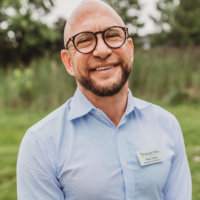
Paul Dyne
Director Of Operations

Shiraz Ahmed
Director of Finance

Katy Braunsdorf
Human Resources
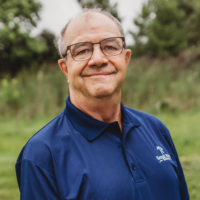
Andrew Lacey
Environment of Care Manager
Accreditations

LegitScript has reviewed Kemah Palms Recovery as part of their certification program, and has determined that it meets the LegitScript standards for legality, safety and transparency.
LegitScript verified in

State Licenses are permits issued by government agencies that allow rehab organizations to conduct business legally within a certain geographical area. Typically, the kind of program a rehab facility offers, along with its physical location, determines which licenses are required to operate legally.
State License: Texas

The Joint Commission, formerly known as JCAHO, is a nonprofit organization that accredits rehab organizations and programs. Founded in 1951, the Joint Commision's mission is to improve the quality of patient care and demonstrating the quality of patient care.
Joint Commission Accreditation: Yes
Accreditation Number: 590341
Contact Information
1013 Delesandri Lane
Kemah, TX 77565
